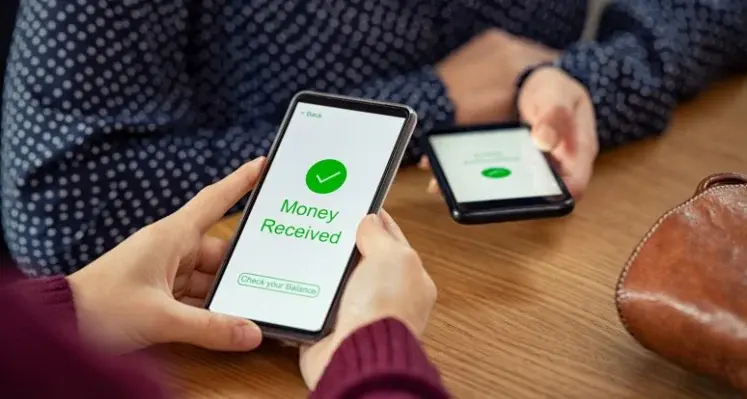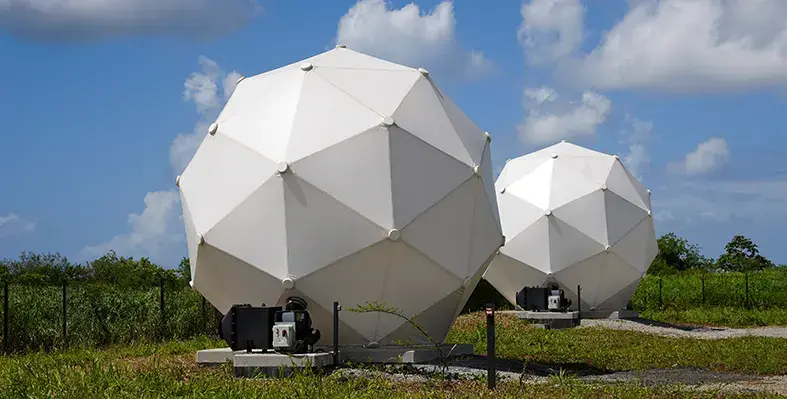Liquid Telecom has launched free Wi-Fi across 48 higher and tertiary learning institutions in Zimbabwe as part of its long-term initiatives to equip citizens across Africa with access to digital age and skills
Edu-Zones is a corporate social responsibility initiative launched by Liquid Telecom in July 2018 to help students bridge the digital divide with free Wi-Fi.
From polytechnics to universities, Liquid Telecom’s Edu-Zones empowers and equips learning institutions with free Internet access in the form of Wi-Fi zones – typically in cafeterias, residence halls and sports fields where students gather. Since its launch, thousands of tertiary students have had free internet access through the Edu-Zones, located in 48 higher and tertiary education institutions across Zimbabwe.
The Edu-Zones free Wi-Fi initiative is a real-world example of how Liquid Telecom is helping to build Africa’s digital future by supporting the development of tech skills and improved digital literacy. This includes equipping students with 21CSkills – an online learning platform offering state-of-the-art skills training and development programmes on the latest technologies for African students, start-ups, and developers, who are set to play a starring role in Africa’s Fourth Industrial Revolution.
Wellington Makamure, the regional CEO of Liquid Telecom’s Southern Africa Region, said, “We believe every individual on the African continent has the right to be connected. This is the vision that has been driving Liquid Telecom’s network expansion across Africa over the last ten years and, in Zimbabwe, why we launched Edu-Zones.
“Almost 18 months later students and teachers from 48 learning institutions across the country are benefitting from high speed, reliable internet connectivity that is critical for both curriculum and studies. This has resulted in vastly improved exam pass rates and career opportunities across the student population. Edu-Zones is a long-term initiative which is already helping the connected universities and polytechnic’s to save money on Internet data costs.”























